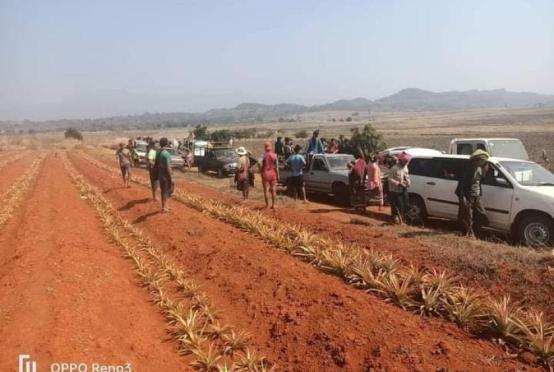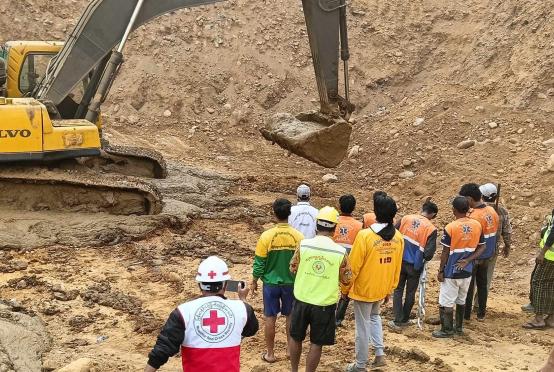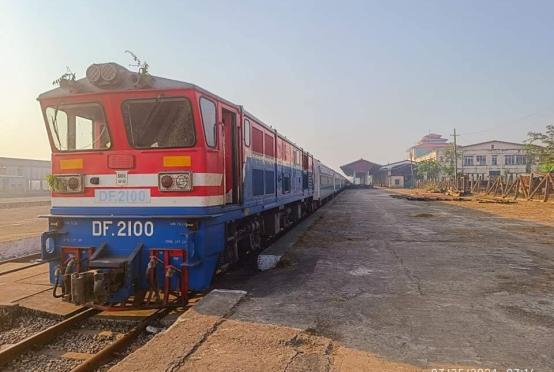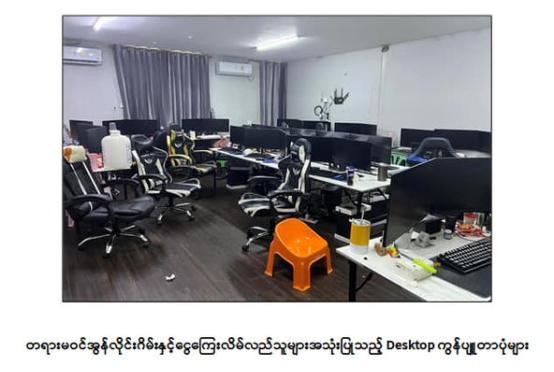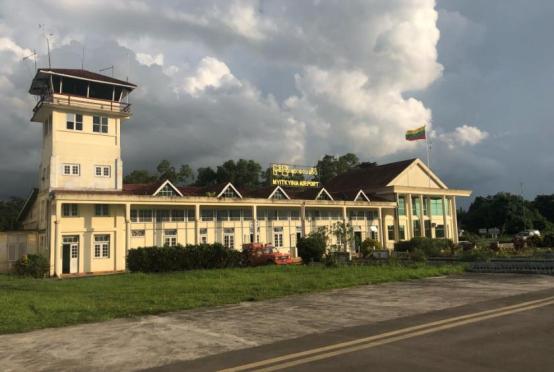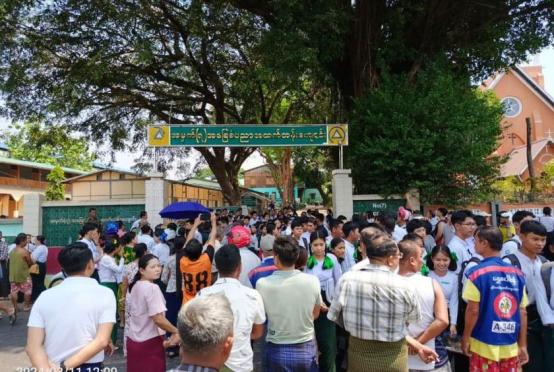If Bhutan wants to attract Foreign Direct Investment (FDI), she should negotiate international treaties for extensive FDI inflow.
The World Bank (WB)recommends this as Bhutan lags behind many countries in terms of FDI. The FDI rules and regulations 2019 is currently being reviewed.
The WB report states that Bhutan is a signatory to only few international conventions. While it adheres to trade agreements, it has not signed any that have a strong investment component. In terms of double taxation treaties, it has reached an agreement with India on the avoidance of double taxation and prevention of fiscal evasion.
According to World Investment Report 2019, Bhutan is attracting the least FDI among Asia countries. However, last year, Bhutan attracted around Nu 5.7 billion worth of FDI, contributing its larger share to capital-intensive projects especially hotels.
The data from FDI annual report published by the Department of Industries (DoI) states that the services sector attracts most FDI (65 percent out of a total of 73 projects).
FDI development is limited by a controlled system and an inadequate policy in the areas of the industrial license, trade, work, and finance. Shortage of skilled labour is also a barrier.
Bhutan restricts FDI in certain sectors in order to avoid competition with local traders. The Negative List is still intact in the latest FDI policy.
Bhutan is ranked 81 out of 190 countries in the World Bank’s Doing Business, 2019, and for a landlocked country, the ranking is considered only satisfactory.
Most of the FDI projects are concentrated in Thimphu, Paro and Chukha. These dzongkhags receive the highest number of FDI projects, accounting for more than two-thirds of total FDI projects.
Economic affairs minister, Loknath Sharma said that the inflow of FDI was increasing gradually. He said that the ministry’s focus was on the diversification of sectors. “FDI should not just concentrate on hotel and service sector.”
He said that FDI inflow was stagnant for a few years, however, potential business hubs were participating in international trade fairs and important events like BEFIT.”
The economic affairs ministry will publish the investment climate report soon.
What the WB says
Currently, Bhutan has no bilateral or multilateral investment treaties to protect foreign investors. It relies on national laws and policy frameworks.
Given the low costs and comparative advantage of Bhutan in services, WB recommended FDI inflows to be catalysed in tourism and financial services.
The report recommends Bhutan to build administrative and legal capacity to negotiate future investment treaties.
“Treaties such as Bilateral Investment Treaties (BIT) and international investment agreements (IIA’s) will provide international arbitration of disputes between investors and governments,” the report states. “BIT provides an assurance of non-discriminatory treatment and legal security to foreign investors.”
Negotiating IIA’s is expected to provide potential benefits such as stimulating domestic reform, enhancement of credibility, improved access to foreign markets and positive signal to foreign investors.
The report recommends Bhutan to be a part of Regional or Preferential Trade Agreements, Investment Promotion Agreement and Centre for Settlement of Investment Disputes (ICSID).
“By joining ICSID, an investor from any of the 153 contracting states could be assured that they would have access to conciliation or arbitration in the event of a dispute with the Kingdom of Bhutan.”
Currently, dispute settlement is done through the Bhutan Alternative Dispute Resolution Centre. Besides, 2013 Alternative Dispute Resolution Act (ADRA) of Bhutan has limited the scope of the subject matter of international commercial arbitration in the country.
It prohibits arbitration on matters of insolvency and winding up, the subject of taxation and other matters which are against public policy, morality or any other existing provisions of the law in Bhutan.
Investment treaties are expected to help stimulate domestic reform and lend credibility to the policy regime besides providing increased access to foreign markets.
Lyonpo Loknath Shrama said,ss negotiating agreement should not just focus on attracting more FDIs, but must consider the country’s long term advantage and benefits.
“The ministry is currently working on the adoption of new policies. There is a long way to go before we look into bilateral agreements on investment that will benefit both parties.”


